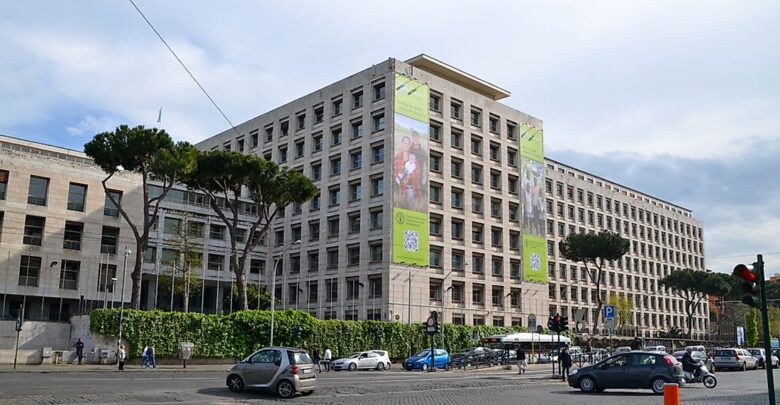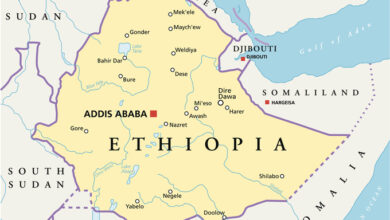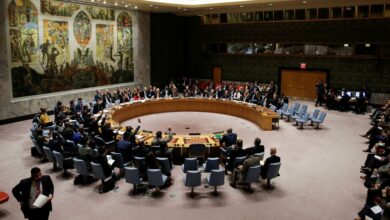World
FAO Launches First Phase Of Green Cities Action Programme For African Nations

The United Nations’ Food and Agriculture Organization (FAO) on Monday launched the first phase of the Green Cities Regional Action Programme for Africa, reported CGTN Africa.
The Green Cities Initiative (GCI) was launched in September 2020 at a high-level event during the 75th session of the UN General Assembly to trigger transformative actions for cities to become greener, cleaner, more resilient, and regenerative.
Qu Dongyu, FAO director-general, said that the new initiative aims at applying innovative solutions and turning urbanization into an opportunity for cities to become more sustainable, more resilient, provide access to healthy foods and ensure a better life for everyone. He noted that the vast majority of Africa’s cities have fewer than 300 000 inhabitants.
“The initiative targets clean and small satellite cities in Sub-Saharan Africa (SSA) that will discourage rural-urban migration of people,” the FAO director-general said during the virtual signing ceremony.
Qu invited authorities to engage youth, especially in places where urbanization is in an early phase and growing fast. He added that FAO is keen to support African municipalities and come up with strategies that promote climate resilience.
“We need to enable young people so they can define their own future city,” he said.
Maimunah Mohd Sharif, executive director of the United Nations Human Settlement Programme (UN-Habitat) said the initiative is aligned with urban and territorial planning, public spaces, policy, legislation, governance, and urban-rural linkages.
She said it is an important instrument to support the acceleration of the implementation of the Agenda 2030 and the New Urban Agenda.
Sharif said that lessons and challenges that people have faced during the COVID-19 crisis point to the need for establishing a new social contract for a resilient community, adding that the green cities initiative will strengthen action on the pandemic.
The GCI initiative plans to reach 1,000 cities by 2030 will be implemented in metropolitan, medium, and small cities in developing countries.






